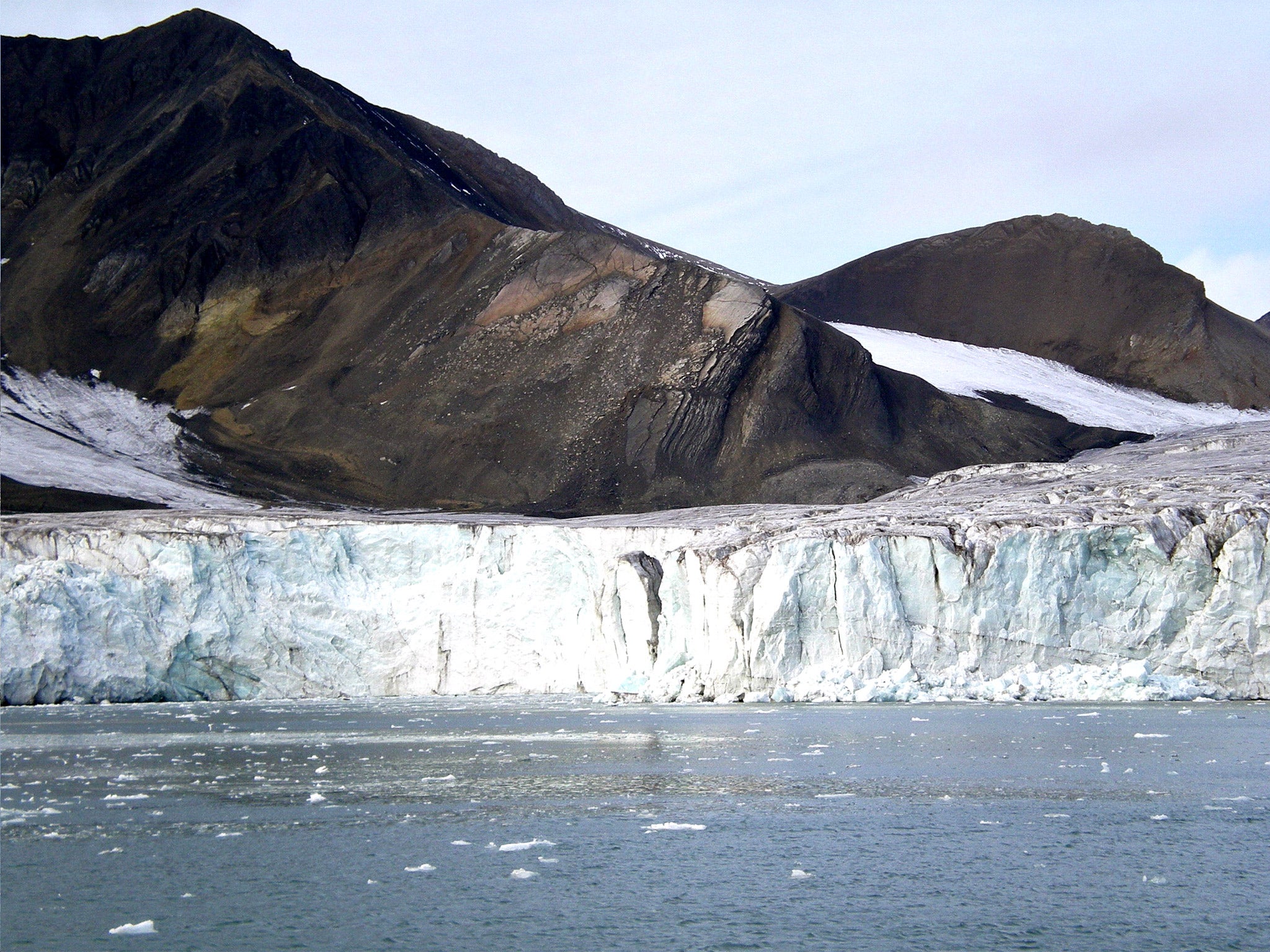The Acid Ocean: Arctic’s soaring CO2 leaves fish and hunters gasping for life
Greenhouse gases are making seawater toxic for many species of marine life, warn experts

Your support helps us to tell the story
From reproductive rights to climate change to Big Tech, The Independent is on the ground when the story is developing. Whether it's investigating the financials of Elon Musk's pro-Trump PAC or producing our latest documentary, 'The A Word', which shines a light on the American women fighting for reproductive rights, we know how important it is to parse out the facts from the messaging.
At such a critical moment in US history, we need reporters on the ground. Your donation allows us to keep sending journalists to speak to both sides of the story.
The Independent is trusted by Americans across the entire political spectrum. And unlike many other quality news outlets, we choose not to lock Americans out of our reporting and analysis with paywalls. We believe quality journalism should be available to everyone, paid for by those who can afford it.
Your support makes all the difference.The Arctic Ocean is absorbing carbon dioxide at a far greater rate than was previously thought, threatening fish stocks and the livelihoods of indigenous peoples, a report suggests.
The surface, or top 100 metres, of the ocean is now about 35 per cent more acidic than it was at the start of the Industrial Revolution in the late 18th century, with potentially huge implications for Arctic ecosystems.
The changing chemical make-up of the seawater threatens to wipe out large numbers of herring, cod and capelin – a small fish largely used as animal feed – as well as plankton and crabs.
This could affect the livelihoods of indigenous populations that rely on fishing and hunting, for example, the Canadian Inuit, as well as reducing food for birds and larger marine mammals such as walruses.
The acidification could also put further pressure on the rapidly diminishing global supply of fish for human consumption. The report’s lead author, Richard Bellerby, of the Norwegian Institute for Water Research, told The Independent: “Sea urchins, in particular, are very sensitive to acidification and are a major food source for marine mammals like walruses, as are some of the plankton, which are important food for fish.
“This could have significant implications for large economically important regions like the Canadian archipelago, the waters north of Alaska and the Barents Sea.”
Parnuna Egede, an adviser to the Greenland branch of the Inuit Circumpolar Council, which represents the 160,000 Inuit people living in Alaska, Canada, Greenland and Chukotka in Russia, said: “The Arctic communities are extremely worried about the effects on our ecosystem because we so deeply rely on the Arctic Ocean and its animals.”
The Arctic Ocean takes in the coastlines of the US, Canada, Russia, Iceland, Sweden, Denmark, Norway and Finland.
Among the world’s seas it is particularly vulnerable to acidification because of a “triple whammy” of conditions, said the report, to which 60 experts contributed. Recent trends that have resulted from global warming have served to accelerate the process of acidification.
The rapid shrinking of Arctic sea ice to a record low last year left a greater surface area of sea through which to absorb the atmospheric carbon dioxide (CO2).
Additionally, the increasing flows from rivers and melting land ice have delivered another blow since freshwater is less effective at chemically neutralising the impact of the CO2.
Meanwhile, cold water absorbs more CO2 than warmer water, while ever-increasing carbon emissions mean there is even more to absorb, the report said.
“Ocean acidification is likely to affect the abundance, productivity and distribution of marine species, but the magnitude and direction of change are uncertain …. Experiments show that a wide variety of animals grow more slowly under the acidification levels projected for coming centuries,” the report said.
But carbon absorption is “not all doom and gloom”, it added.
The more carbon dioxide the sea absorbs, the less is left in the atmosphere, thereby reducing the impact of global warming. Also, some life forms, such as sea grasses “appear to thrive under such conditions”.
Join our commenting forum
Join thought-provoking conversations, follow other Independent readers and see their replies
Comments